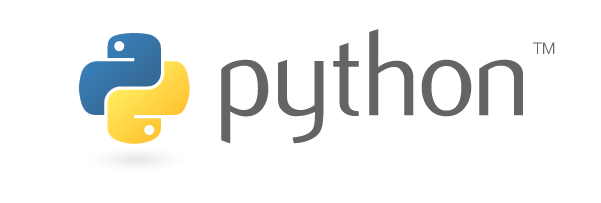Most of the data models have a new file into its /doc directory name spec_FR.md. It contains a specification generated automatically based on the schema.json with all its texts translated into French. (With the deepL tool, so you can expect some ‘incorrect’ translated elements).
The official spec remains to be the spec.md file. However in coming days, the format, but not the name of this spec will change when the version named spec_EN-US.md will become official and it will replace the contents of spec.md.
Independently of what is happening the official version will always be spec.md.
Other languages, possibly German, Japanese and eventually Chinese are on the queue.





